
961. Trump threatens 'massive' tariffs and cancelling meeting after China's rare earth curb
John Ruwitch discusses China's export restrictions on rare earths to enhance its negotiating power in upcoming trade talks with the U.S.
your daily dose of economic commentary

John Ruwitch discusses China's export restrictions on rare earths to enhance its negotiating power in upcoming trade talks with the U.S.

A report reveals that renewable energy has surpassed coal in global electricity generation for the first time in history.

Noah Smith explores Malaysia's cultural diversity, historical influences, and the government's efforts to unify its population through religion and race-based policies.

The post invites readers to share their holiday shopping plans, questioning whether they will cut back or spend more this season.

The discussion centers on the implications of a new fee for H-1B visas and its potential effects on hiring practices and labor market dynamics.

A series of auctions featuring Bob Ross paintings aims to support public television following recent funding cuts.

Maria Aspan discusses the surge in gold prices and its implications for the U.S. economy.

Paul Krugman discusses Ken Griffin's insights on gold prices as an economic indicator of diminishing faith in America, linking it to political developments under Trump.
The post reflects on past predictions about housing and the economy, discussing trends, lending standards, and the absence of speculation in the current market.
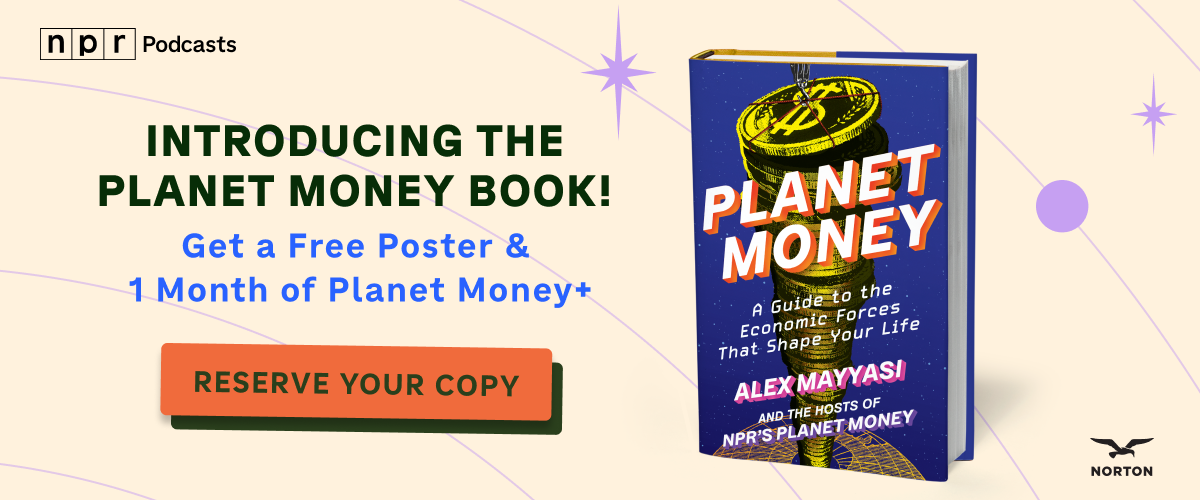
Alex Goldmark discusses the significance of preorders for authors in terms of sales and visibility.

The discussion centers on Ashley Allison's vision for revitalizing "The Root" under Black ownership, emphasizing its role in Black media and community engagement.

The discussion centers on Victor Wembanyama's potential to become an MVP candidate, analyzing his defensive skills and the implications of team performance on his chances.
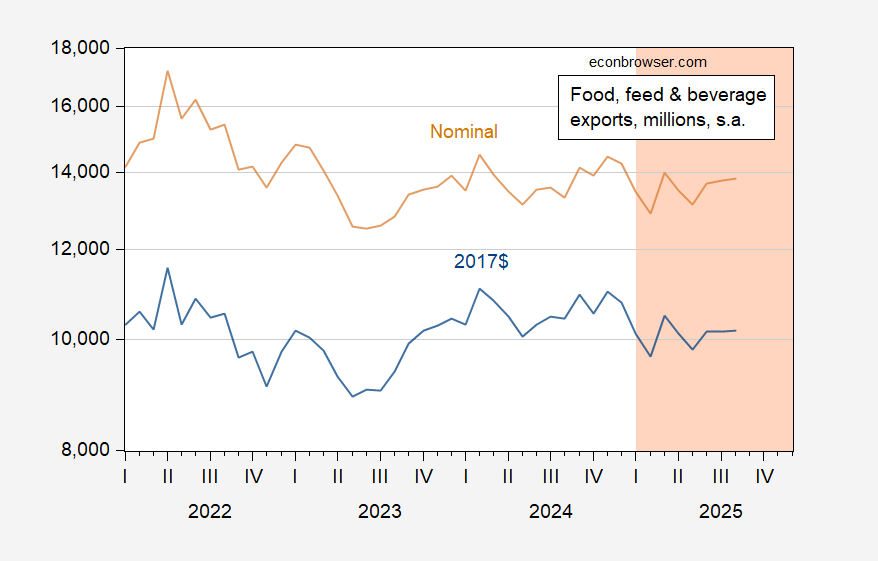
Menzie Chinn discusses the decline in agricultural exports and the implications of China's purchasing decisions on U.S. exports.
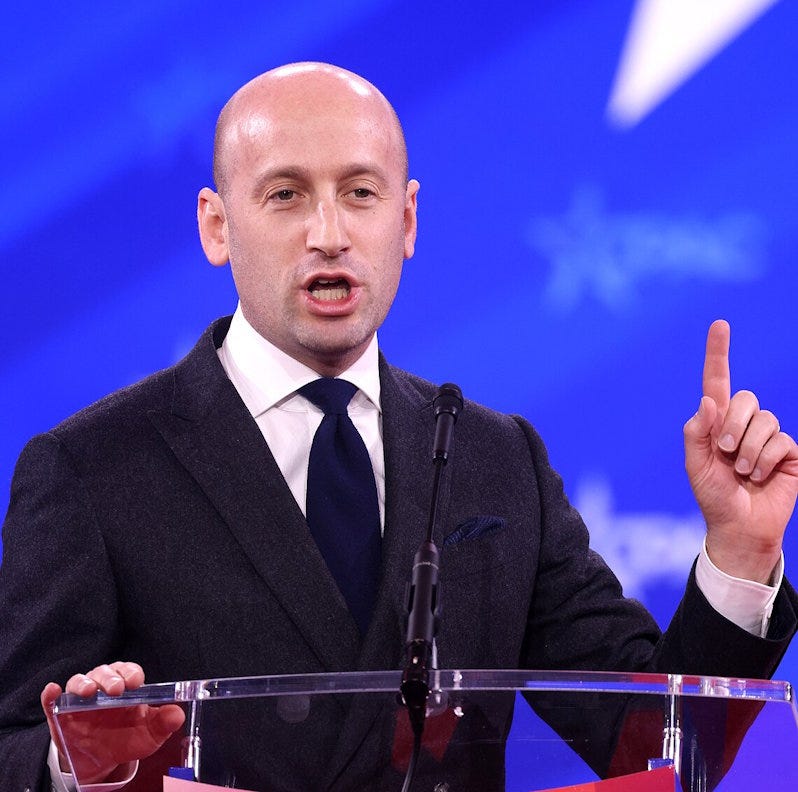
The discussion centers on the current U.S. political climate, contrasting perceptions of civil conflict with actual levels of political violence and rhetoric from leaders.

Timothy Taylor discusses George Dantzig's application of linear programming to optimize diets, linking it to nutritional needs and the historical context of the US poverty line.

The post shares five stories related to economic principles, including coffee prices, whiskey production, housing affordability, and the impact of industrial bubbles on infrastructure.
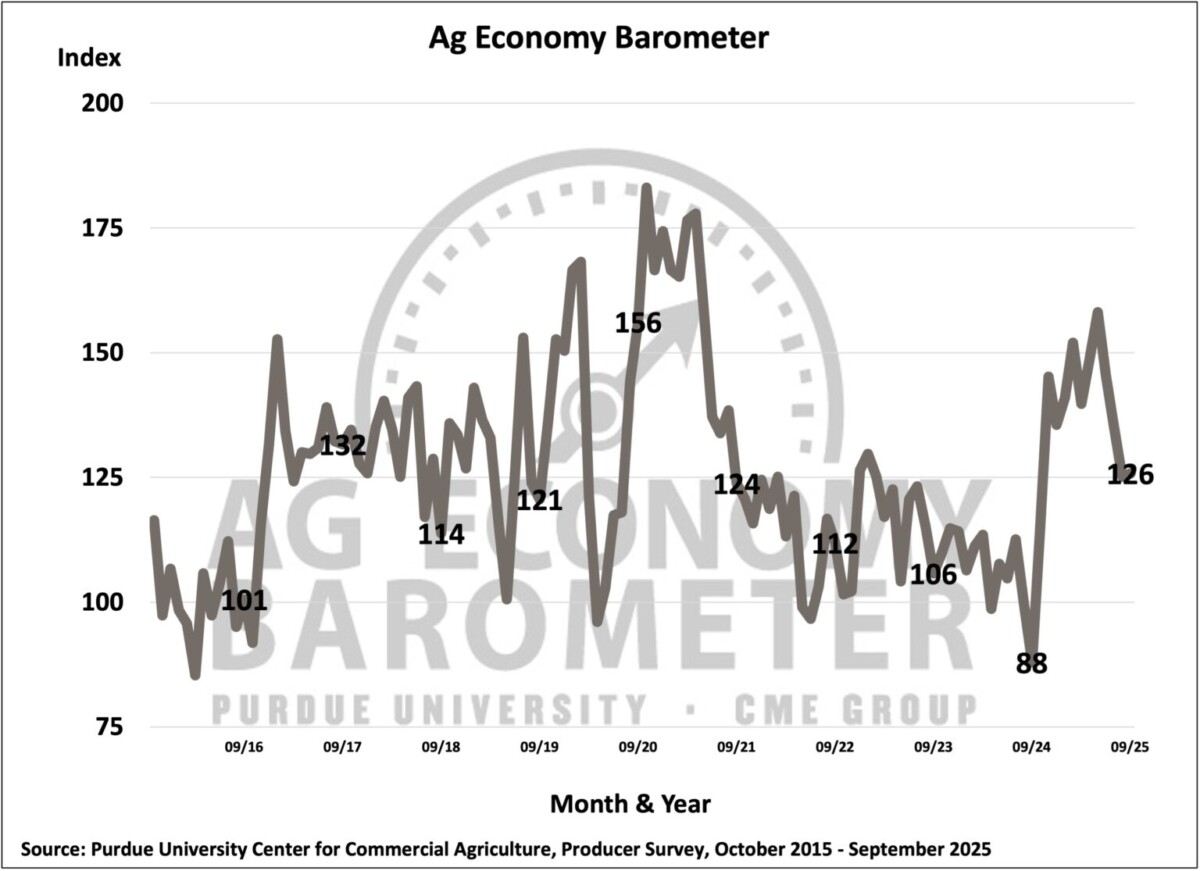
A discussion on the low farmer sentiment and dependency on government support amid declining commodity receipts and rising costs, particularly affecting soybean farmers.

Pierre Lemieux critiques the British government's digital ID scheme, arguing it enhances state power and surveillance while diminishing individual liberty and dignity.
Alex Tabarrok discusses various economic models, focusing on tax incidence and the effects of corporate taxes on capital and labor in the Marginal Revolution Podcast.
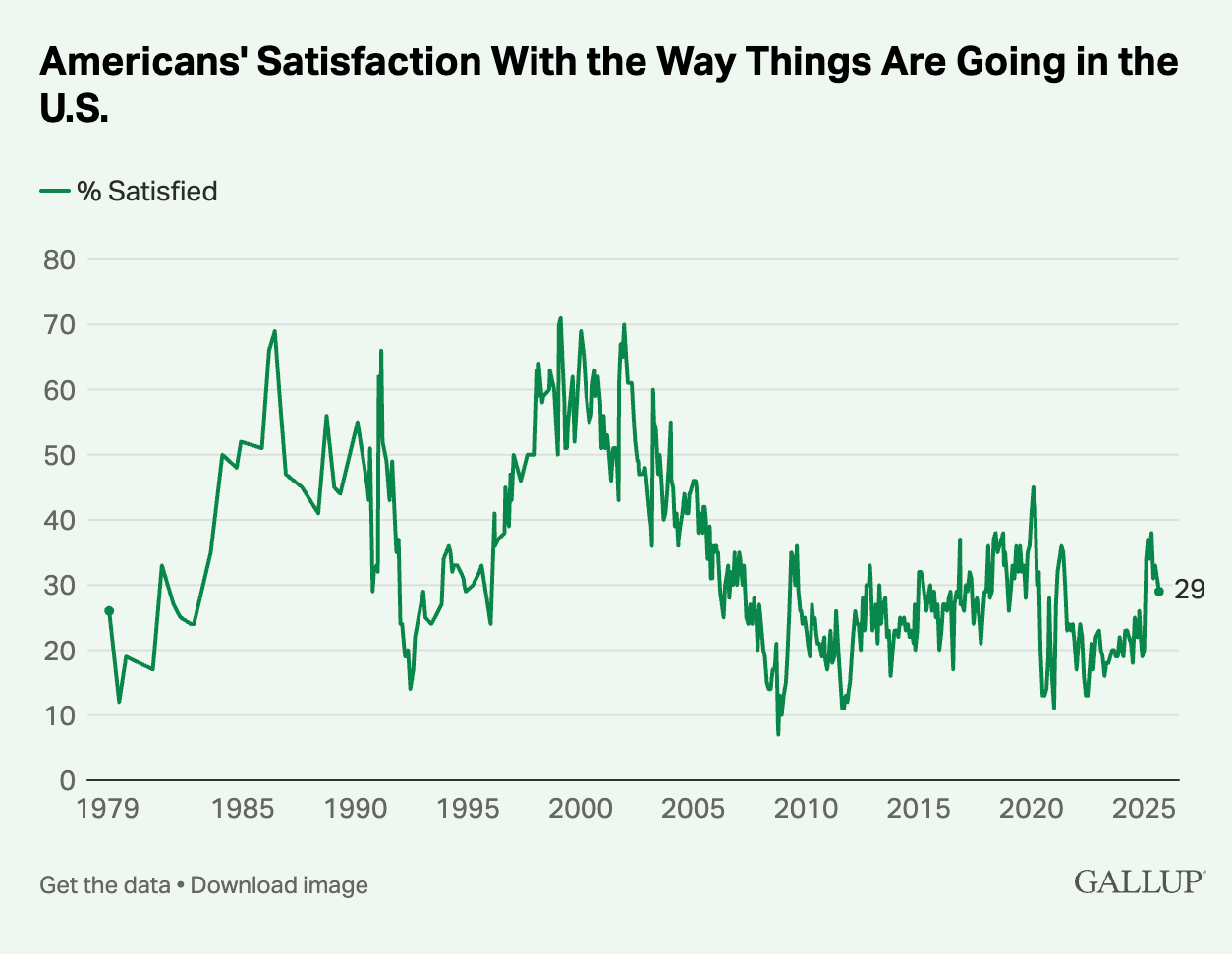
Paul Krugman discusses the current economic landscape, comparing the AI investment boom to the 1990s tech bubble while noting a prevailing pessimism among Americans today.